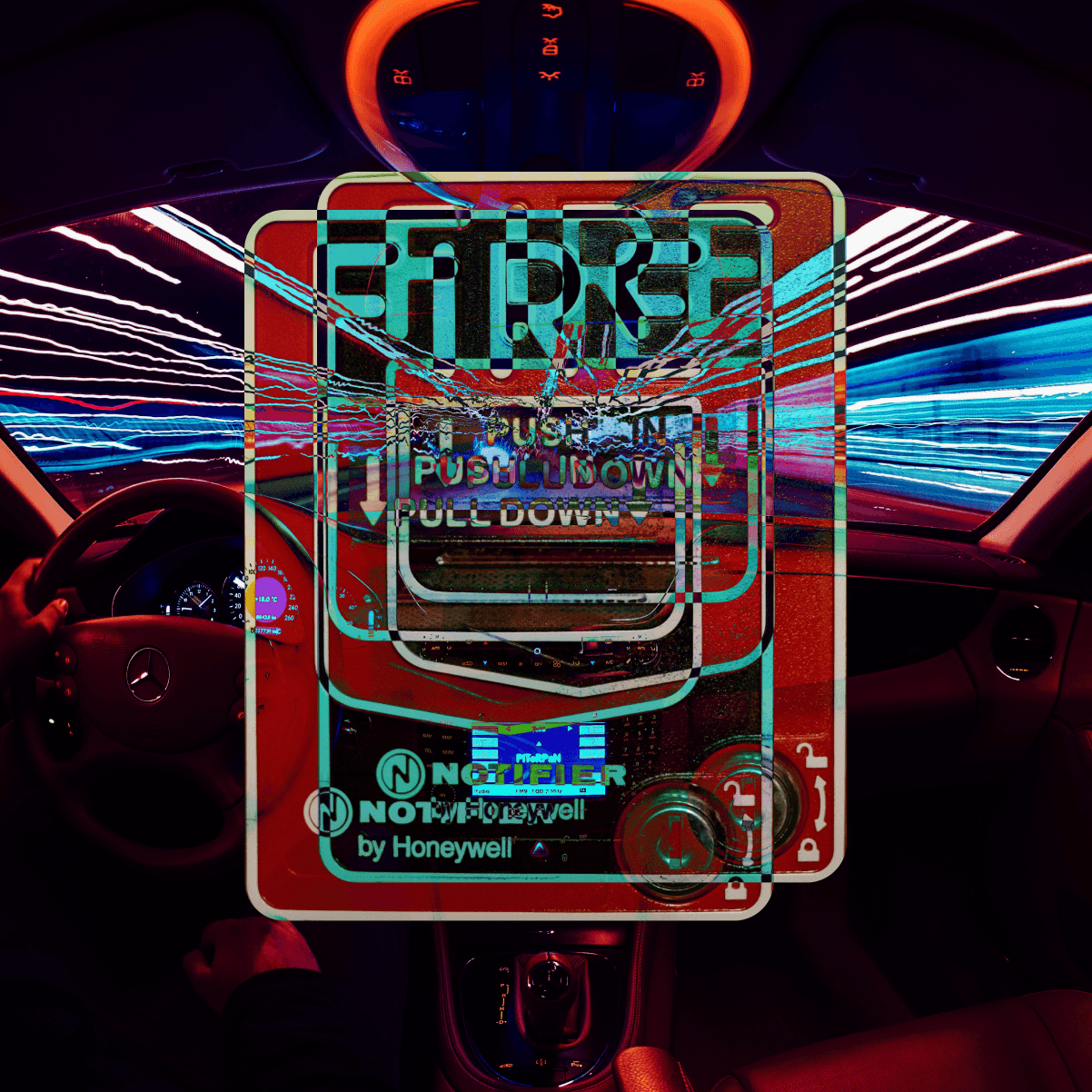Are Safety Precautions Helpful or Harmful? Managing Anxiety and Panic Attacks in Everyday Situations
If you’ve ever found yourself obsessively planning your escape route at a dinner, scanning for exits at the grocery store, or dreading being in the back seat on a road trip, you’re not alone. Anxiety and panic attacks can make you hyper-aware of your surroundings, constantly on guard for the next attack. It’s a survival instinct gone rogue—your mind is rewired to always anticipate the worst-case scenario, even when there’s no real danger. But are these safety precautions actually helping, or could they be making things worse?
When you’ve experienced a panic attack, your brain starts to associate certain places or situations with that overwhelming fear. Naturally, you want to avoid feeling that way again. So, your mind starts setting rules: stay near an exit, avoid unfamiliar places, always have an exit strategy. It’s a way to feel in control when everything else seems uncertain. But while these precautions might seem like they’re keeping you safe, they can actually reinforce the belief that the world is a dangerous place, and that you’re constantly at risk.
Having a backup plan isn’t inherently bad. It’s okay to think ahead, especially if it helps you feel a bit calmer. But there’s a fine line between being prepared and letting anxiety dictate your actions. When your entire focus shifts to avoiding panic at all costs, you start to live in a constant state of hyper-vigilance. This keeps your anxiety loop alive and well, making it harder for you to break free from the fear of panic.
Planning becomes a problem when it starts to control your life. If you’re avoiding social events, turning down opportunities, or feeling like you can’t function without having an exit strategy in place, it might be time to reassess. This constant need for safety and predictability can trap you in your comfort zone and prevent you from challenging the anxious thoughts that keep you stuck.
It’s okay to have an exit strategy in place if it genuinely makes you feel safer, but the goal should be to gradually rely on it less and less. Practice staying in situations that make you anxious, even if it’s just for a little longer each time. The more you expose yourself to these scenarios and come out the other side okay, the more your brain will learn that it doesn’t need to be on high alert all the time.
Ultimately, it’s about finding a balance. Safety precautions can offer a temporary sense of control, but they shouldn’t become a crutch that keeps you from living your life. By slowly challenging your fears and trusting that you can handle discomfort, you’ll start to see that the world isn’t as threatening as anxiety makes it seem.
